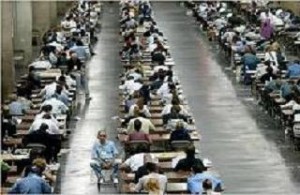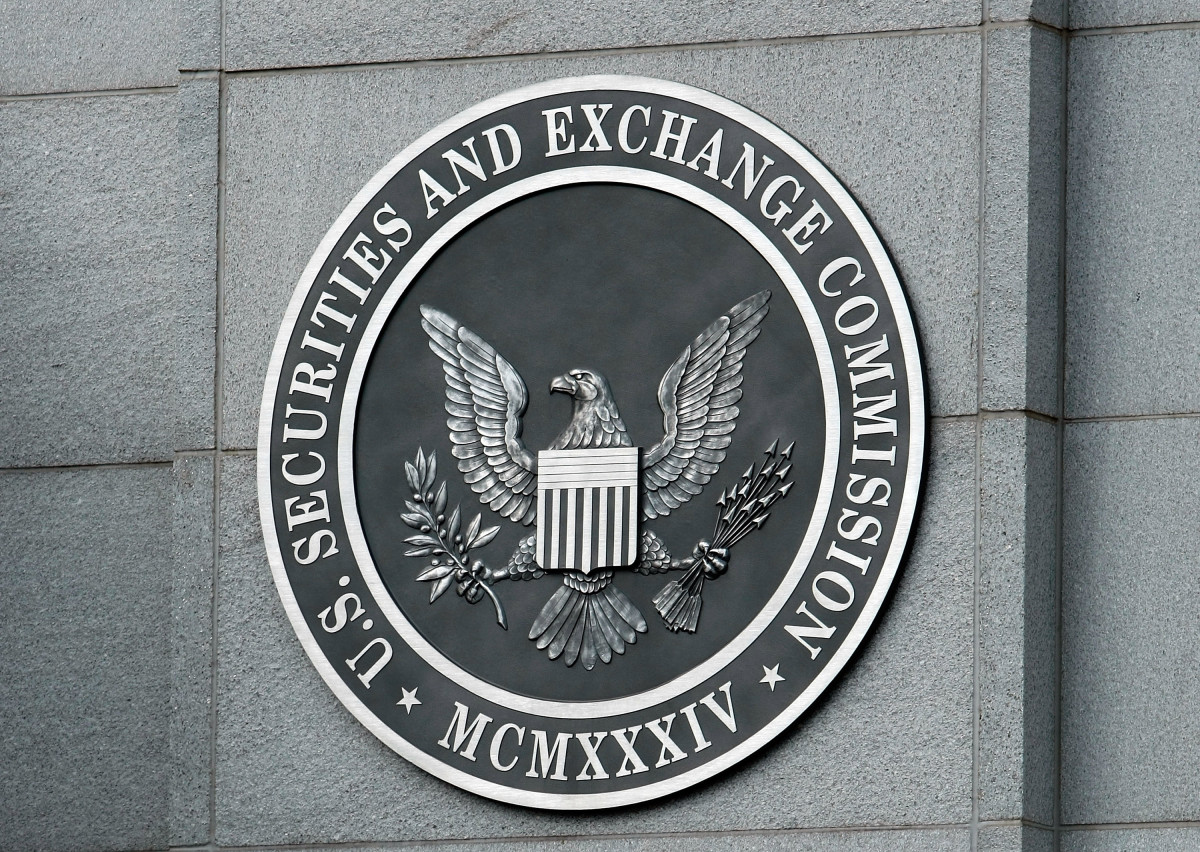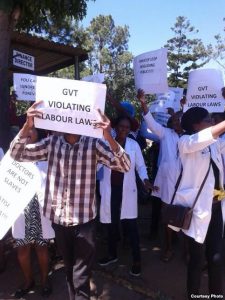Examples of farmers in Zimbabwe marketing their produce through social media.
Since Zimbabwe started lockdown measures on 30 March, farmers have been struggling to sell their produce. With restaurants closed and people staying away from markets, tonnes of tomatoes, avocados and other fruit and veg have been rotting in piles across the country. Since COVID-19, many farmers have recorded losses of thousands of dollars.
Some, however, have adopted new strategies to sell their produce. In the past few weeks, marketing posters have increasingly been popping up across social media platforms like Twitter, Facebook, and WhatsApp advertising direct home deliveries. From about $5 to $20, depending on the combination and number of vegetables, Zimbabweans trying to avoid infection from coronavirus can get farmers to bring food straight to their door.
Desire Jongwe, a farmer in eastern Zimbabwe, adopted this strategy after his usual ways of selling his produce became untenable. He had been preparing a batch of chickens for sale when the lockdown was announced.
“I asked myself ‘where can I get the market?’”, he says. “I had already discussed with restaurant owners and they had said they would take my chickens…I devised a plan on how I can sell my chicken online using social media.”
He created an ad and started sharing it. He followed this up with more posts, advertising basic vegetable packages for $5, $7 or $10 and allowing customers to choose a combination of leaf vegetables, cucumbers, tomatoes, onions, squashes and peppers.
Thank you for your continued support to Farm Fresh. Because of logistical issues & our devotion to deliver fresh farm produce we will be doing deliveries twice per week that is Wednesdays & Saturdays. To order, contact the numbers below. We accept Ecocash/Zipit/Onemoney. pic.twitter.com/7u3qllnQSq
— The Wasu (@wasudigital) April 13, 2020
Soon, people began responding. Many were in the diaspora and wanted to buy food for their family members in Zimbabwe. They transferred money to Jongwe who delivered packages to their relatives. He says he is now making 10 to 15 deliveries three days a week. In the long run, Jongwe believes his income from this way of doing things will compare to his earnings before the lockdown.
“For me, the cost of production is lower than the prices of vegetables…The market value of vegetables is high and it’s lucrative,” he says.
Tichaona Saungweme, who lives close to the city of Mutare, is more cautious. He also turned to marketing his goods online after the lockdown was imposed.
“People are afraid of contracting coronavirus,” he says. “The only thing we can do as farmers is to reach the customers in the comfort of their homes through social media.”
This approach has enabled Saungweme to continue selling some of his goods, but he says it is not always straightforward and points out that many people are not online.
“It’s working but it still has some teething problems,” he says. “The social media market is still small.”
— Fresh In A Box
(@FreshInABox) April 2, 2020
Charles Dhewa is the CEO of Knowledge Transfer Africa whose flagship initiative eMKambo helps spread agricultural information through mobile and internet networks. He says that online adverts are becoming an increasingly important part of Zimbabwe’s food supply chain model. This trend has been supercharged by the lockdown.
“Virtual marketing is being embraced significantly,” he says. “Basically if one needs any commodity, there may be no need to visit Mbare [a market in Harare] because we can directly link him or her with diverse sellers and deals are sealed.”
Dhewa points out, however, that not all farmers in Zimbabwe can utilise this approach. A large proportion, he says, have suffered greatly from the lockdown. This includes many who sell fresh produce, those who live in peri-urban and rural areas, and chicken and egg and dairy farmers.
“Those into pork production have also suffered from low uptake by butcheries and gochi-gochi [barbecue] places which have been locked down,” he adds.
The livelihoods of huge swathes of the population in Zimbabwe, including many farmers and poor people, have been devastated by the coronavirus lockdown. But for those with the right resources, online marketing and home deliveries have offered a rare lifeline. According to Mutare’s mayor Blessing Tandi, this innovation along with decentralising wholesale vegetable markets have been crucial in helping contain the spread of COVID-19 in the city.
“It’s ideal in implementing social distancing,” he says. “This will mean our people in [the high density suburbs of] Chikanga or Dangamvura will not travel to Sakubva [Market] for vegetables.”
Business was tough in Zimbabwe even before Covid-19, but these entrepreneurs didn’t let anything discourage them! @FreshInABox says orders have grown “1000%” since the pandemic, and the unpredictable business climate in Zim was ‘the perfect training’. #InBusinessAfrica pic.twitter.com/vXknvxYzGy
— Nancy Kacungira (@kacungira) April 21, 2020
Post published in: Agriculture




 Kathryn Rubino is a Senior Editor at Above the Law, and host of
Kathryn Rubino is a Senior Editor at Above the Law, and host of 






 Jordan Rothman is a partner of
Jordan Rothman is a partner of 



